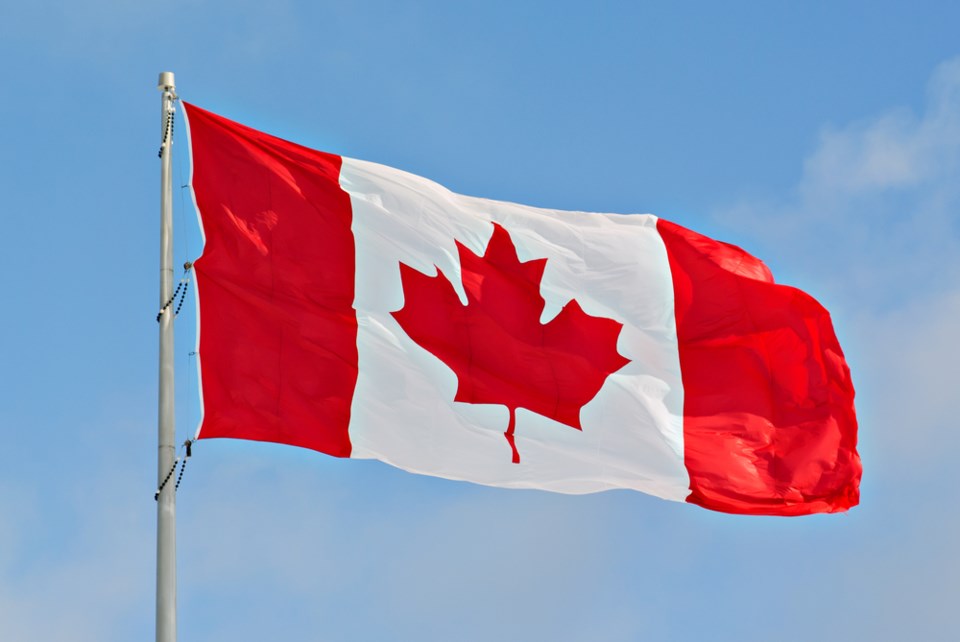As we tick off the dwindling days of June and approach the 153rd birthday of Canada on 01 July, a growing number of citizens are considering what being Canadian means and what this country stands for. In fact, this question is so strong that across the country many cities and municipalities have decided not to hold traditional Canada Day celebrations.
For many, the identity of this country isn’t as clear as it once was, and at the heart of the matter is the question, “where do we go from here?” Answering this question for some will require a great deal of personal reflection, for others less so; but it is important that public and group discussions occur around campfires and kitchen tables across the country to address this existential question.
For some it may be quick and simple, others more complex and conflicting, as everyone’s own experiences, family history, and interactions with our government and its institutions vary significantly. Of course, the matter of this country’s current and historical relationship with indigenous peoples is at the forefront of the issue, but so too is the longstanding political alienation and indifference towards Western Canada.
This isn’t something new, right from the start when Saskatchewan and Alberta, entered confederation in September 1905 the system was intentionally rigged against them. Instead of forming one larger province called Buffalo, which was originally proposed by Sir Frederick Haultain, Prime Minister Wilfred Laurier and his Liberals broke the land mass up arbitrarily. They did so to limit the potential power that a larger prairie province would present to the interests of Central and Eastern Canada.
Fast forward 116 years and the situation remains unchanged. The majority of seats in the House of Commons that determine which party holds power in the country are located in eastern and central Canada. Most often Federal elections are won before votes west of Ontario are even counted. Then look at equalization payments. The western provinces disproportionately contribute the bulk of the money that goes to support the quality of life in central and eastern Canada despite themselves suffering horrendous unemployment and economic downturns in recent years on the prairies.
Whether its legislation against pipelines or western tanker traffic, or obvious lack of support for the energy and agricultural industries that fueled Canada’s prosperity, Western Canada can’t get a break from Ottawa. Meanwhile in acts of outrageous hypocrisy, our country imports oil daily via tankers from Saudi Arabia and others who have no carbon tax, less ethics and almost no-environmental regulation, to the refineries on our East coast where no tanker ban exists. This is to say nothing of the almost non-existent efforts to save the Keystone XL pipeline in the west versus the potential closure of the Line 5 pipeline into Ontario which was national news for days and weeks.
Perhaps, as Quebec seeks to reopen and unilaterally change the constitution to establish itself as a nation with French as its official language, so too in a similar vein, should Saskatchewan, Alberta and other western provinces and territories.
Perhaps it’s time Western Canadians look at uniting the west, and not uniting a dysfunctional Conservative Party that must answer to central and eastern Canada in order to secure and hold political influence.
Perhaps this Canada Day Western Canadians should take a long moment and consider that the only chance they have for themselves, their families, and industries to get a fair shake in this country is to support the only political party that is interested in supporting a western Canadian prosperity and wellness.
Perhaps it’s time all western Canadians look to support the Maverick Party as the only way that the west will ever achieve the potential that Sir Haultain saw in it over a century ago when he stated, “One big province would be able to do things no other province could.”
Perhaps that’ll be within the Canadian Federation, or if not, outside of it.
John W. Thomson
EDA President
Maverick Party
Moose Jaw – Lake Centre – Lanigan
The views and opinions expressed in this article are those of the author, and do not necessarily reflect the position of this publication.




